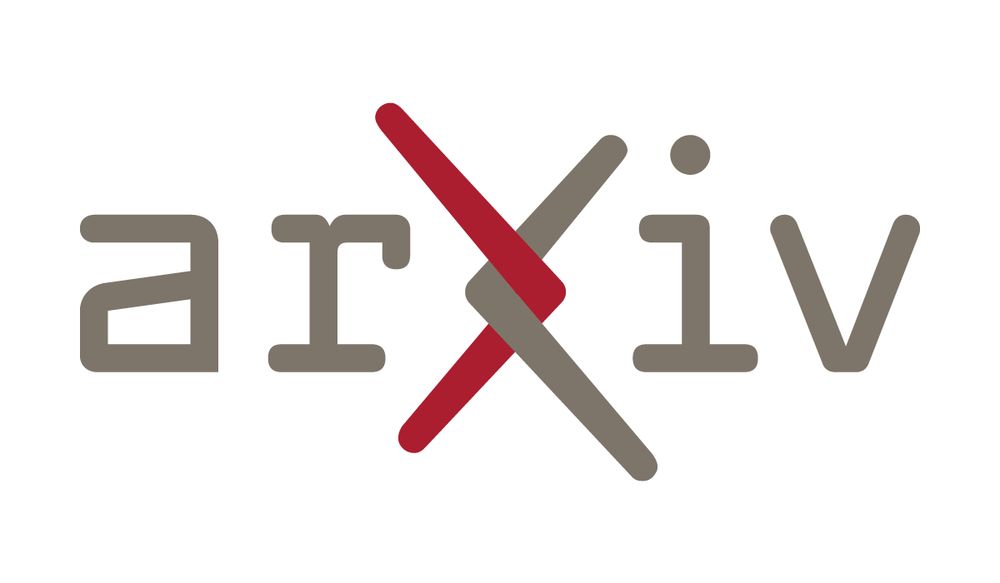SocArXiv submission rule changes
**Context**
SocArXiv is experiencing record high submission rates. In addition, now that we have paper versioning – which is great – our moderators have to approve every paper revision. As a result, our volunteer workload is increasing.
In addition we are receiving many non-research, spam, and AI-generated submissions. We do not have a technological way of identifying these, and it is time-consuming to read and assess them according to our moderation rules.
We also don’t have moderation workflow tools that allow us to, for example, sort incoming papers by subject, to get them to specific expert moderators. So all our moderators look at all papers as they come in. That encourages us to think about narrowing the range of subjects we accept.
The two rule changes below are intended to help manage the increased moderator burden. More policy changes may follow if the volume keeps increasing.
**1. ORCID requirement**
We require the submitting author to have a publicly accessible ORCID linked from the OSF profile page, with a name that matches that on the paper and the OSF account.
In the case of non-bibliographic submittors (e.g., a research assistant submitting for a supervisor), the first author must have an ORCID. We can make exceptions for institutional submitters upon request, such as journals that upload their papers for authors.
At present we are not requiring additional verification or specific trust markers on the ORCID (such as email or employer verification), just the existence of an account that lists the author’s name. It’s not a foolproof identity verification, obviously, but it adds a step for scammers, and also helps identify pseudonymous authors, which we do not permit. We may take advantage of ORCID’s trust markers program in the future and require additional elements on the ORCID record.
We are happy to host papers by independent scholars, but a disproportionate share of non-research, spam, and AI-generated submissions come from independent scholars, many of whom do not have ORCIDs. For those scholars with institutional affiliations, we urge you to get an ORCID. This is a good practice that we should all endorse.
**2. Focus on social sciences**
At its founding, SocArXiv did not want to maintain disciplinary boundaries. It was our intention to be the big paper server for all of social sciences, and we couldn’t draw an easy line between social sciences and some humanities subjects, especially history, philosophy, religious studies, and some area studies, which are humanities in the taxonomy we use, but have significant overlap with social sciences. It was more logical just to accept them all.
As the volume has increased, this has become less practical. In addition, a lot of junk and AI submissions are in the areas of religion, philosophy, and various language studies. We also don’t have moderators working in arts and humanities, and our moderators trained in social sciences are not expert at reviewing these papers. Finally, there is an excellent, open humanities archive: Knowledge Commons (KC Works), which is freely available for humanities scholars. With approval from that service, we will now direct authors to their site for papers we are rejecting in arts and humanities subjects.
We continue to accept papers in education and law, which are also generally adjacent to social science.
For a limited time we will accept revisions of papers we already host in arts and humanities, but urge those authors to include links to Knowledge Commons or somewhere else that can host their work in the future.
We will assess papers that include arts/humanities as well as social science subject identifiers, and if we determine they are principally in art/humanities, reject them.
We will continue to host all work we have already accepted.
### Share this:
* Tweet
* * Click to share on Reddit (Opens in new window) Reddit
* More
*
* *
Like Loading...





















